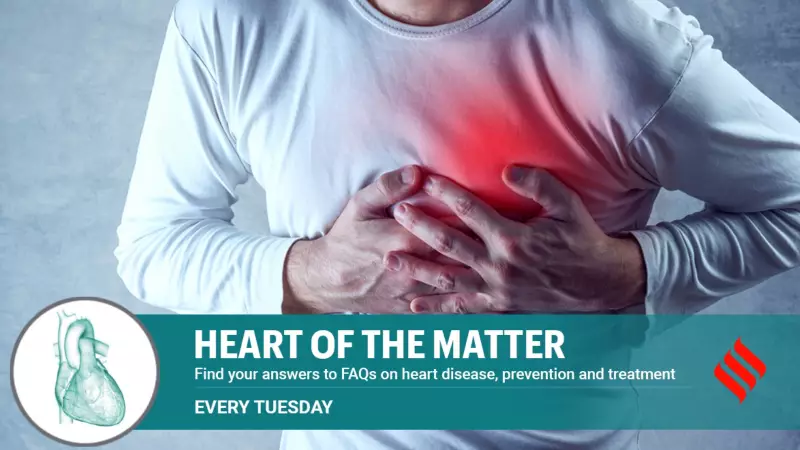
For many heart attack survivors, the journey back to health can feel daunting and uncertain. But one individual's commitment to weekly ECG checkups provides a powerful blueprint for successful cardiac recovery in India.
The Road to Recovery: More Than Just Medication
When this survivor walked out of the hospital after suffering a heart attack, they knew the real work was just beginning. Unlike many patients who might skip follow-up appointments, this individual made a remarkable commitment: returning for an electrocardiogram (ECG) every single week to monitor heart function.
Why Weekly ECG Monitoring Matters
Regular ECG checkups during heart attack recovery serve several critical purposes:
- Early detection of complications: Weekly monitoring can catch potential issues like arrhythmias or silent ischemia before they become serious problems
- Treatment adjustment: Doctors can fine-tune medications based on real-time heart rhythm data
- Peace of mind: For patients, seeing normal ECG readings provides psychological reassurance during a vulnerable period
- Progress tracking: Consistent monitoring creates a clear picture of how the heart is healing over time
What to Expect During Heart Attack Recovery
Cardiac rehabilitation typically involves multiple phases, each with specific goals and monitoring requirements. The survivor's story highlights several key aspects of the recovery process:
Immediate Post-Discharge Phase (First Few Weeks)
This is often the most intensive monitoring period. Patients may need weekly checkups to ensure stability as they transition from hospital to home care. Activity levels are carefully graded, and any chest discomfort or unusual symptoms require immediate medical attention.
Medium-Term Recovery (1-3 Months)
As strength improves, monitoring frequency may decrease to bi-weekly or monthly. This phase often includes beginning structured cardiac rehabilitation programs that combine supervised exercise, dietary counseling, and stress management techniques.
Long-Term Maintenance (3+ Months)
While weekly ECGs might not be necessary forever, regular follow-ups remain crucial. Most cardiologists recommend checkups every 3-6 months during the first year post-heart attack.
Beyond the ECG: Comprehensive Cardiac Care
The survivor's story demonstrates that successful recovery extends beyond medical tests. A holistic approach includes:
- Lifestyle modifications: Dietary changes, smoking cessation, and alcohol moderation
- Medication adherence: Taking prescribed blood thinners, statins, and beta-blockers consistently
- Physical activity: Gradual, supervised exercise to rebuild cardiovascular strength
- Mental health support: Addressing anxiety, depression, and post-traumatic stress common after cardiac events
Key Takeaways for Heart Attack Survivors and Families
This inspiring case underscores several important lessons for anyone navigating heart attack recovery in India:
Consistency is crucial: Regular monitoring provides both medical data and psychological comfort. Don't skip follow-up appointments, even when you're feeling better.
Communication saves lives: Be completely honest with your healthcare team about symptoms, concerns, and lifestyle challenges. They can't help with problems they don't know about.
Recovery is personal: While this survivor benefited from weekly ECGs, your cardiologist will recommend a monitoring schedule tailored to your specific condition and risk factors.
Progress takes time: Heart attack recovery is a marathon, not a sprint. Celebrate small victories and be patient with the process.
The journey of this dedicated survivor serves as both inspiration and practical guidance for the thousands of Indians navigating life after a heart attack. By prioritizing consistent monitoring and comprehensive care, successful recovery is not just possible—it's achievable.





